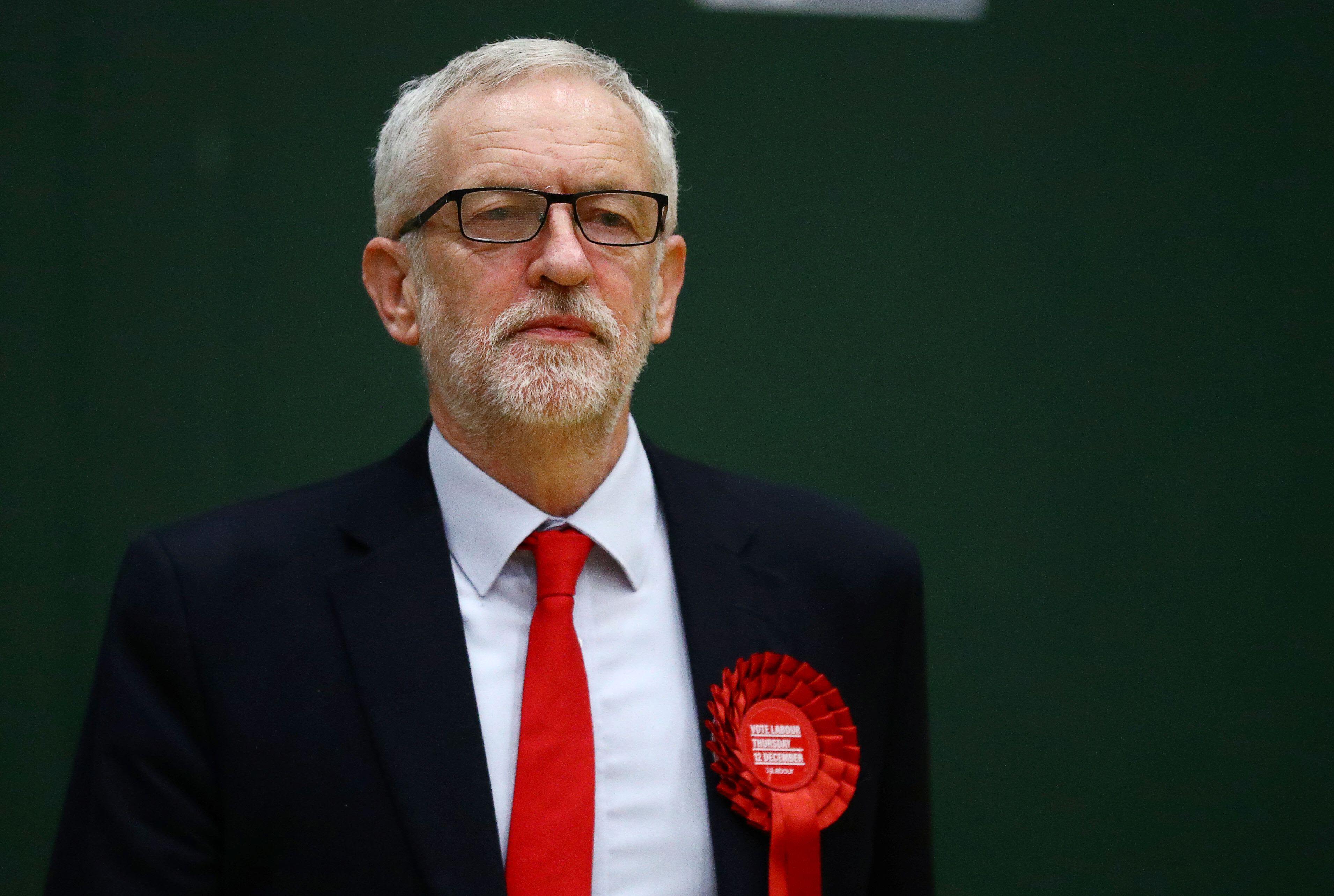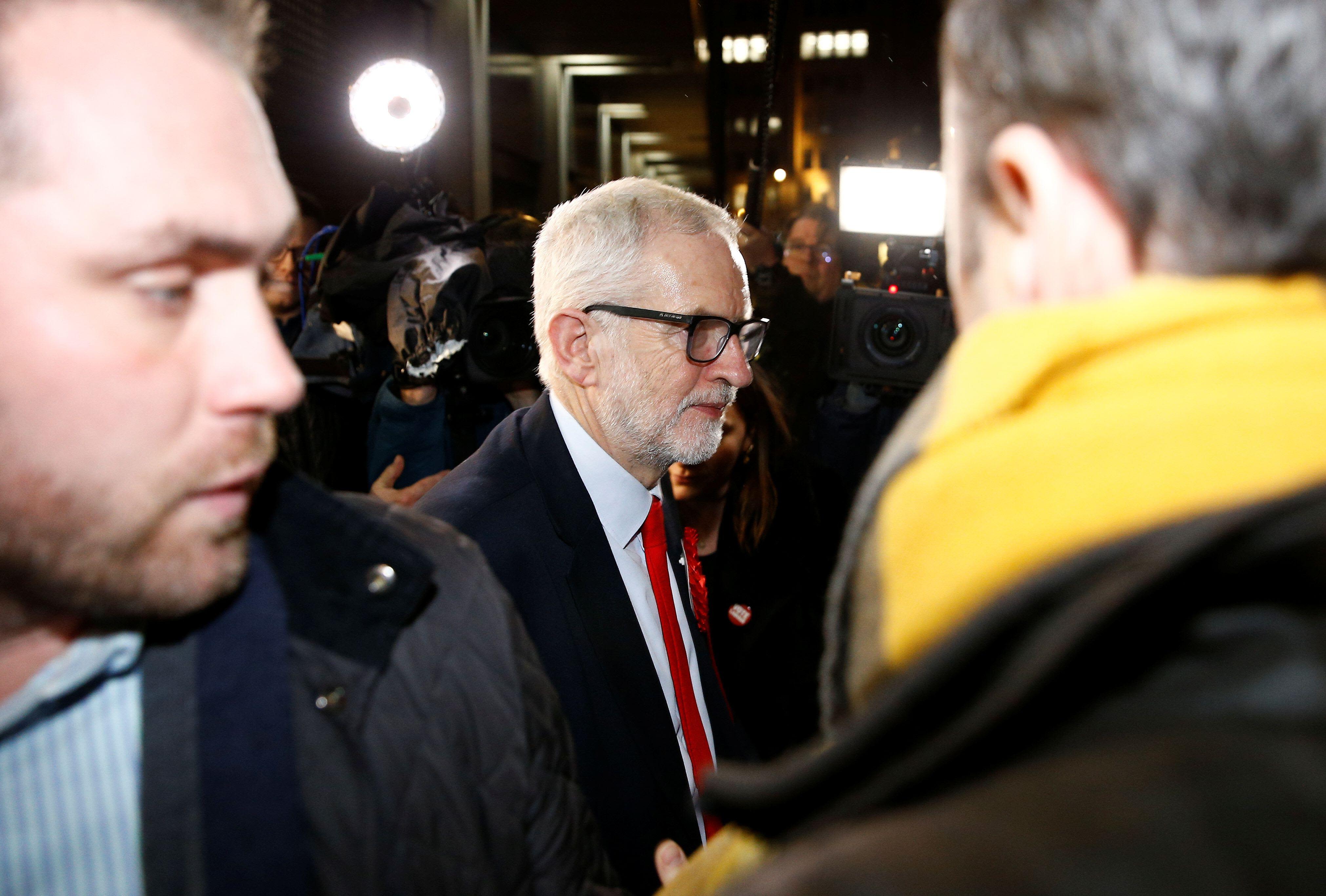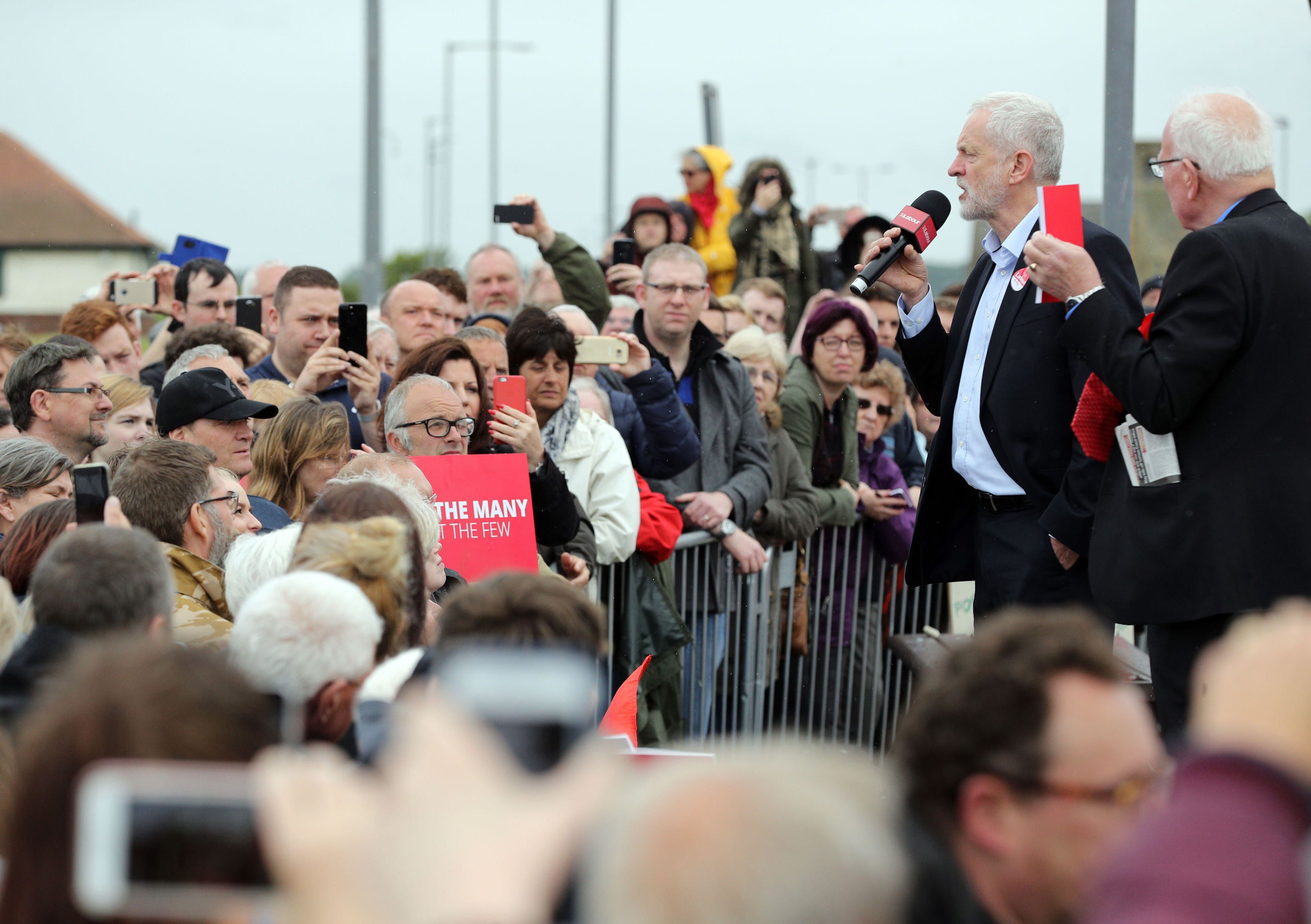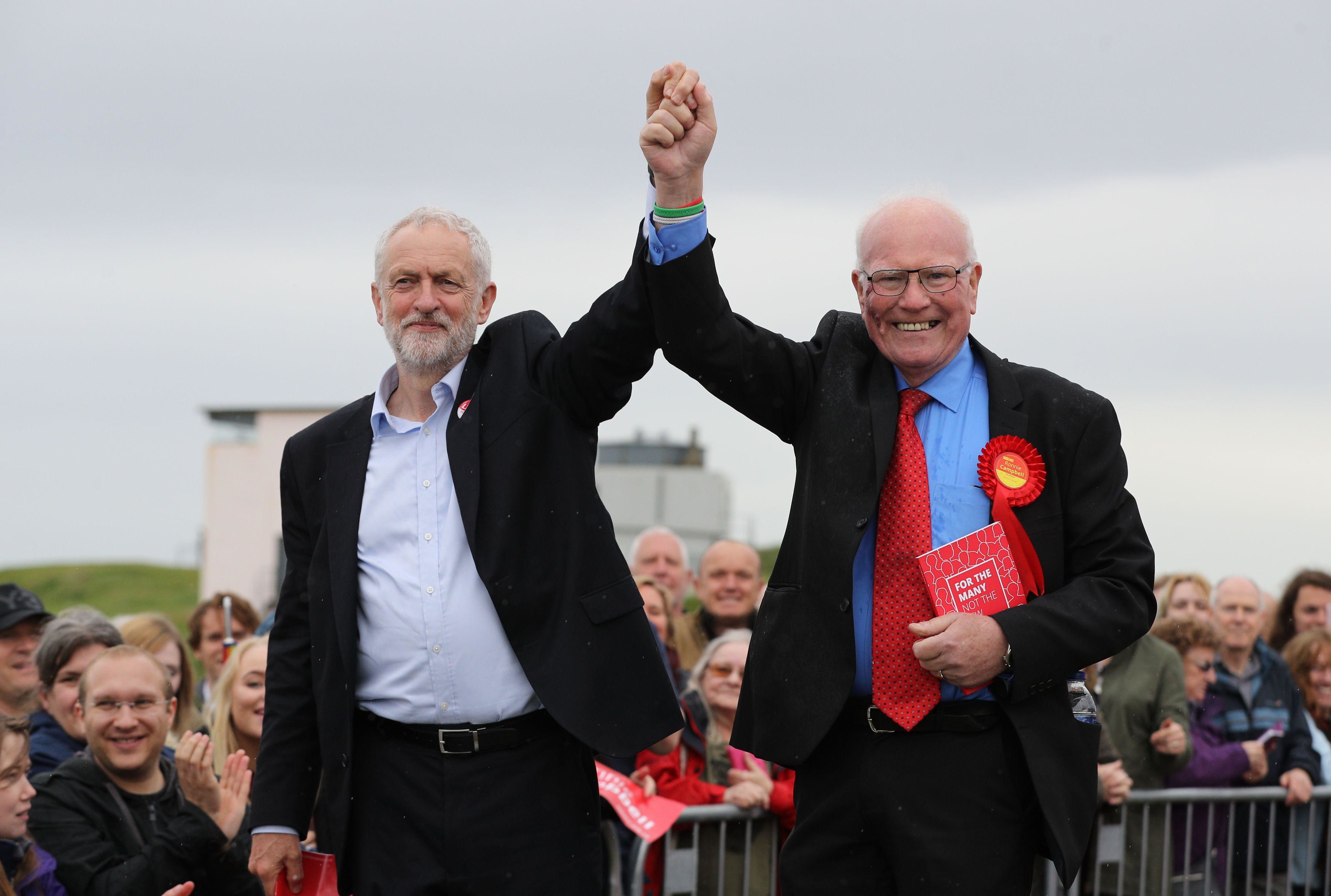Why did Labour lose in 2019?
As Labour’s Red Wall crumbled many supporters were aghast. In the run up to the 2022 Local Elections, Daniel Hordon investigates what went wrong for Labour.

“This is one of the big moments of the night, there’s no question about it”, BBC News’ anchor Huw Edwards declared as Ian Levy was returned as the first Conservative MP for Blyth Valley since its creation in 1950.
When Huw Edwards donned his suit and tie and slipped into the BBC Election studio on the night of December 12, 2019, he, like me, clearly didn’t expect Blyth Valley to turn blue.
At 10pm when polling stations across the country had closed their doors to voters, the exit poll dropped. As did the jaws of Labour supporters and political commentators. Boris Johnson would win a landslide majority of 368 seats with Jeremy Corbyn’s Labour party losing 71 seats on 2017, it was predicted.
What started as a disappointing night for Labour would only get worse as the night wore on. The exit poll would be proved correct and the party made damning losses in traditional stronghold seats.
That night I too had been covering the election for Spark Sunderland, providing analysis of the results. I had expected a small Tory majority, but never predicted Johnson would win so many seats, or that my home constituency of Blyth Valley would turn its back on Labour.
And Blyth Valley wasn’t alone. Thirty metaphoric bricks in the so-called Red Wall, traditional Labour seats, also crumbled. But why? Brexit? Dislike of Jeremy Corbyn? The allure of Boris Johnson? Local or national issues? Over the last six months I’ve been trying to find the answer to that question through a series of interviews with Blyth Valley voters who turned to the Tories for the first time, Labour campaigners, journalists, political pollsters and analysts.
In all of these conversations there was a stand-out factor. Jeremy Corbyn.
From my first interview Corbyn came up time and time again as an issue. When I first spoke to Irene, a retired personal banker from Cramlington, a new town up the road from Blyth, who voted Conservative for the first time in 2019 she told me how her vote was purely down to Jeremy Corbyn. “That man was too ridiculous to have any power”, Irene told me, adding “I thought that Boris was the better of two evils”. When I asked her if she would have been persuaded by better policies or a better campaign she returned to Corbyn being the big problem.
“It was just very much a vote against Corbyn for me”, Poppy, 47, told me, “I didn’t even consider what the alternative would be. I don’t like Boris Johnson and didn’t like Boris Johnson prior to that.”
“It was just very much a vote against Corbyn.”
- Poppy, 47

The man who had defied the odds and emerged as the likeable candidate capturing the crowds of thousands at rallies in 2017, had by 2019 become a major problem.
One Blyth Valley CLP (Constituency Labour Party) insider, whose name I have changed to Ria as they wish to remain anonymous, believed Corbyn’s image had been irreparably damaged in the intervening two years. “Some of that didn’t really stick in 2017 but by 2019 it had been repeated enough that it started to sink in”, they say. “When you’re effectively getting the door slammed in your face saying you’re a terrorist sympathiser it’s started to stick”.
Sebastian Payne, the Financial Time’s Whitehall Editor who has written a book on the topic and also visited Blyth Valley, told me: “Corbyn had been through all of the anti-semitism allegations. He had also gone through the Salisbury poisoning which had been fairly damaging for Labour. When you put all that together he was a fairly unelectable proposition.” Corbyn had failed to blame Russia for the Salisbury nerve agent attack in 2018 which caused a rift in the parliamentary party.
“People didn’t think he was going to be Prime Minister in 2017. That wasn’t the case in 2019, it was clear he could actually be Prime Minister”, Seb added.
Robert, a 63 year-old Labour party member from Blyth, who had fallen out of love with Corbyn by 2019, put his failure down to a lack of Brexit policy. “I wasn’t impressed with Corbyn after 2017,” he told me over the phone, “I think he tried to sit on the fence on Brexit for too long and the party ended up doing nothing”. As with all of my voter interviews I tried to build up a picture of them and their electoral background. Robert had voted to remain in 2016 but felt the party needed to move forward. He had met Corbyn on a visit to Blyth beach with its iconic coloured beach huts in 2017 and had been impressed with what he saw.
Meanwhile Ria told me Corbyn’s failure to get off the fence on Brexit damaged the very thing which made him electable in the first place: “Corbyn has been the guy who for his entire life has stood on principle, has not given in to opportunism or equivocated on his views. Brexit wasn’t particularly well defined in 2017 so you could basically sell a line of respect the referendum and then people would just kind of fill that in with what they thought that meant. By 2019 there was much more polarisation along the lines of leave and remain.”
If national issues weren’t enough to make the Labour party’s job in Blyth Valley a difficult one the odds were stacked against it locally. Ronnie Campbell, the well known MP of 32 years was set to stand down at the next election, having said 2017 would be his last. When a snap election was called the CLP faced a scramble for a candidate.

Jeremy Corbyn on a campaign rally in Blyth with local MP Ronnie Campbell, 2017. Credit: Alamy
Jeremy Corbyn on a campaign rally in Blyth with local MP Ronnie Campbell, 2017. Credit: Alamy

Jeremy Corbyn on a campaign rally in Blyth with local MP Ronnie Campbell, 2017. Credit: Alamy
Jeremy Corbyn on a campaign rally in Blyth with local MP Ronnie Campbell, 2017. Credit: Alamy
Jamie Driscoll had been an early contender for the candidacy, but chose instead to run for North of Tyne Mayor and was elected to that post in 2019. Another potential candidate stepped down. Then it was decided Blyth Valley would have an all-female shortlist. Kate Osborne, another contender, was selected to stand in Jarrow. Eventually Susan Dungworth, a Northumberland County Councillor from Seaton Delaval was chosen as the candidate.
This process was the start of what Ria described as “a bit of a shitshow”.
While things were going badly internally. Dungworth wasn’t resonating with voters. One of my interviewees believed the candidate was a man, another disliked the use of the all-female shortlist, and another believed she wasn’t from the area - Susan was from Seaton Delaval which is part of the Blyth Valley constituency. “They chose someone, and I don’t even know her name, who didn’t live in the area. We got no publicity, no information about this person at all,” Eilieen told me.
I contacted Susan Dungworth to request an interview and put these comments to her but received no reply.
Labour had run a poor campaign. And against the ‘formidable’ Boris Johnson struggled locally and nationally. Sebastian Payne described it to me as “horrific”, adding “it was one of the worst election campaigns in modern history”. For that, the Labour Party paid its price.
